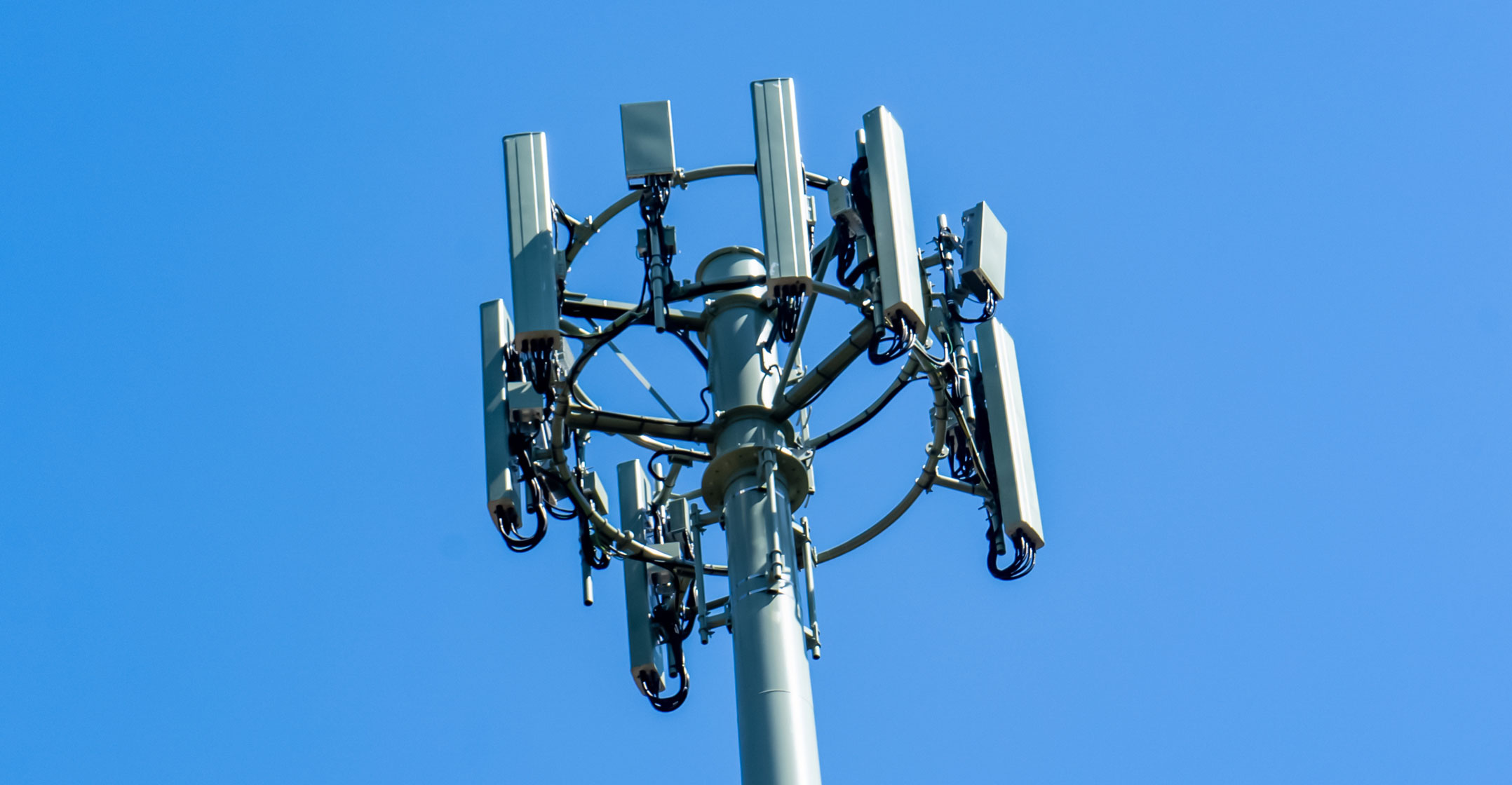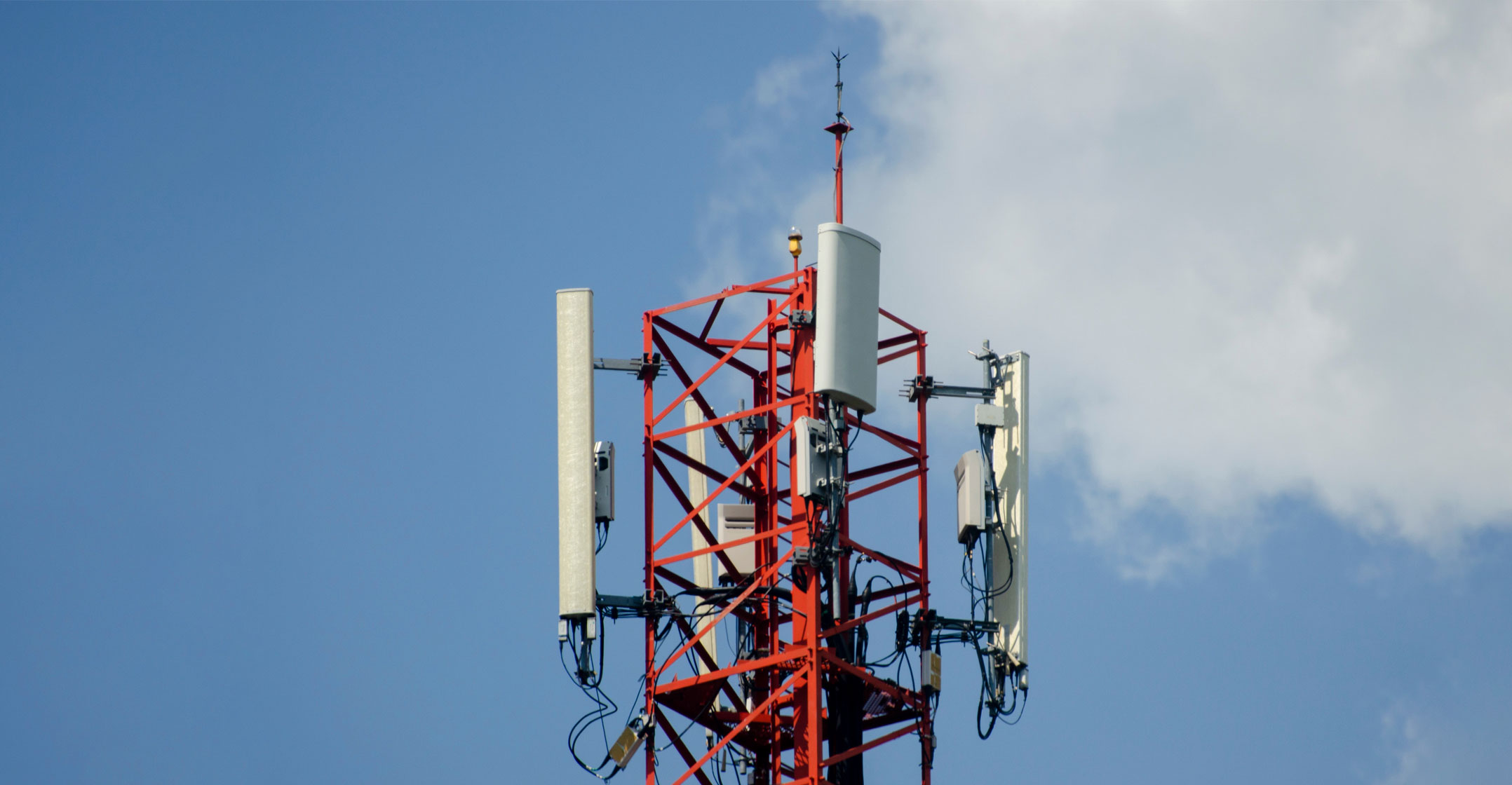 After years of delays, communications regulator Icasa will finally auction access to spectrum for mobile broadband services this week. But a looming court battle could still derail the allocation of the much-needed network capacity to operators.
After years of delays, communications regulator Icasa will finally auction access to spectrum for mobile broadband services this week. But a looming court battle could still derail the allocation of the much-needed network capacity to operators.
Icasa will begin the auction on Tuesday, 8 March, with six licensed telecommunications operators participating in the process: Telkom, Vodacom, MTN, Cell C, Liquid Intelligent Technologies and Rain.
The spectrum to be licensed is in the 700MHz, 800MHz, 2.6GHz and 3.5GHz bands, frequencies that are suitable for delivering mobile broadband services using 4G/LTE and (in some instances) next-generation 5G technologies.
Icasa held a bidder seminar last week to familiarise participants with the auction process. It conducted mock auctions with bidders from 1 to 3 March to ensure they are comfortable with the process.
The auction will begin with an opt-in phase. This will be a single bidding round where eligible bidders may submit bids to achieve a minimum spectrum portfolio, or MSP.
Only tier-2 operators (Vodacom and MTN are excluded) are eligible to participate in the opt-in auction and to bid for packages that, if successful, will ensure that when combined with their existing spectrum holdings, bidders have access to MSPs of 2x10MHz below 1GHz and 60MHz above 1GHz. Frequencies below 1GHz are good for providing coverage over large areas and improving in-building coverage; frequencies above 1GHz are better suited for providing higher Internet access speeds to consumers.
Only two bidders can win spectrum to achieve the MSP in the opt-in auction, Icasa explained.
In person
Bidders will submit their bids in person between 10am and midday on 8 March. The round will close early if bids from all qualified bidders are received before the scheduled end of the bidding window.
Up to two authorised representatives of each qualified bidder (regardless of whether they are eligible to bid in the opt-in auction) will be allowed to observe and monitor the process. Bid evaluations will be carried out in front of all authorised representatives following the close of the bid submission window.
Icasa will make a public announcement at the end of the opt-in auction. This announcement will include the names of the winners, the amount of spectrum they won, and the amount they will need to pay to secure their access.
The main auction will start on 10 March and will be conducted using an online auction platform. All six qualified bidders will be eligible to bid for spectrum in this stage. Bidding will normally be scheduled on business days between 9am and 5pm.
“As the main stage is conducted in multiple bidding rounds and will end when bidders do not submit any newer bids (or waivers), a public announcement will be made after the conclusion of this stage, including the winners for each lot as well as the amount that they will need to pay,” Icasa explained.
 The auction will then move to an “in-person assignment phase” with all qualified bidders. This is an administrative process to determine the frequency assignment position of the lots won in the opt-in auction and the main stage.
The auction will then move to an “in-person assignment phase” with all qualified bidders. This is an administrative process to determine the frequency assignment position of the lots won in the opt-in auction and the main stage.
There will be one clear business day between the conclusion of the main stage and the start of the frequency assignment phase. This phase will be concluded in a day.
Icasa’s head office in Pretoria will be inaccessible to the public throughout the duration of the spectrum auction process.
Even as Icasa moves to license the spectrum, there is a risk the entire process could be declared unlawful by the courts. Telkom is suing Icasa because it’s unhappy with the way the regulator has gone about licensing the spectrum. The high court in Pretoria will hear the merits of its case in April, and if the court sides with the partially state-owned telecoms operator, it’s possible the auction will be the thrown out.
Telkom is unhappy with the way Icasa has managed the licensing process. Among other things, it argues there has been a lack of clarity around a proposed wholesale open-access network, or Woan. It’s also concerned about the inability to access the “digital dividend” frequency bands that are being auctioned (they’re still being used by television broadcasters pending the completion of digital migration). – © 2022 NewsCentral Media




